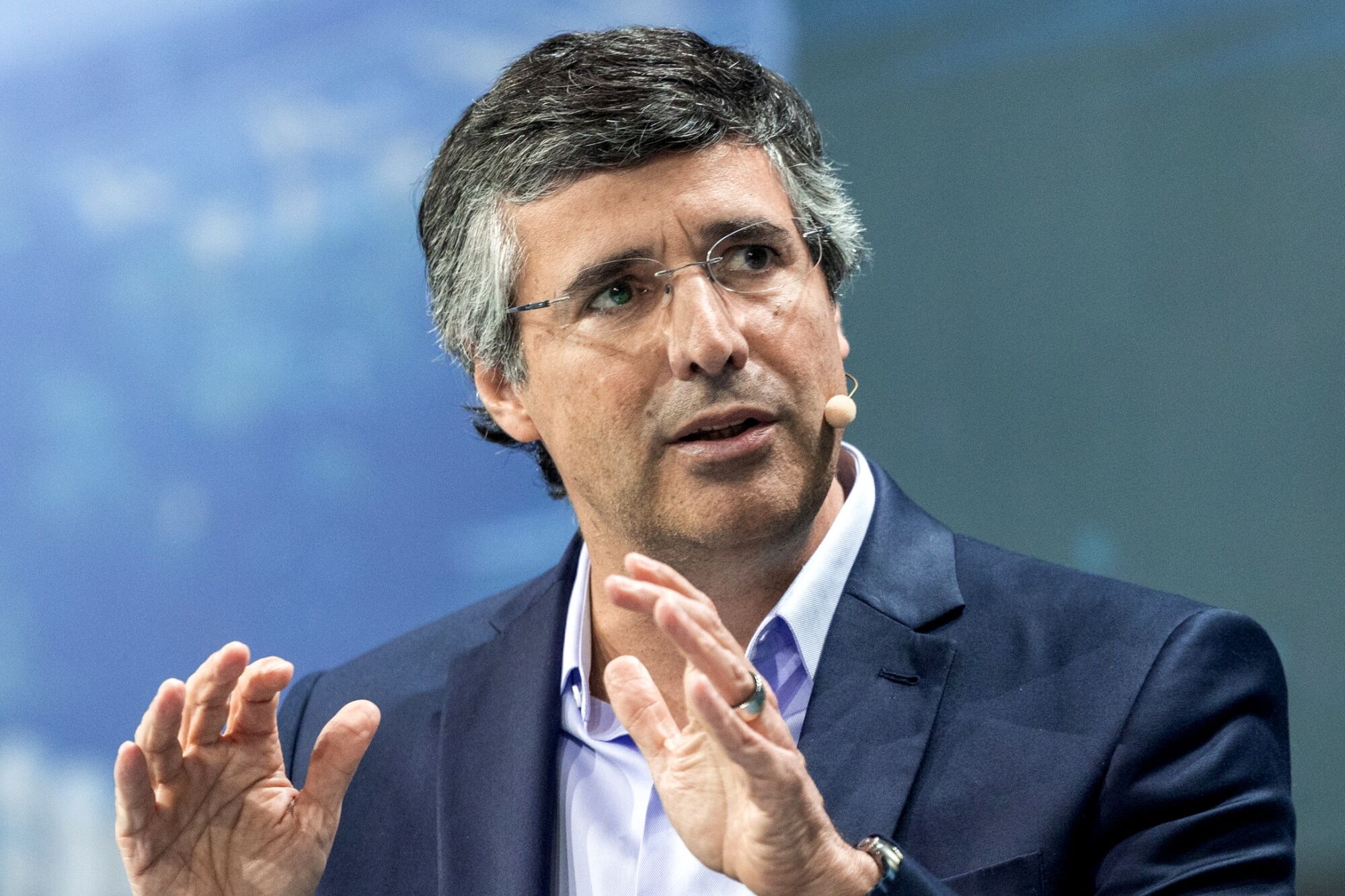
Harvard’s Shift to Executive Education as a Financial Lifeline
Harvard University has increasingly turned to executive and continuing education programs as a vital source of revenue, offering a crucial financial buffer during a period of significant challenges. This shift has positioned the university as a key player in the growing market for professional development, even as it faces scrutiny and financial pressures from external forces.
Before the Trump administration imposed restrictions on federal funding, Harvard had already begun focusing more on these programs. Executives and professionals seeking to enhance their skills or stay current with technological advancements have been willing to invest substantial sums in Harvard's courses, often covering the costs themselves or through employer sponsorship. These programs have become a reliable revenue stream, insulated from the political and financial turbulence that has affected other parts of the university.
In 2024, Harvard reported that executive and continuing education contributed nearly $600 million to its operating revenue, a significant increase from $155 million two decades ago. These programs accounted for 9% of the university's total operating revenue of $6.5 billion, making them a major financial pillar. Additionally, they made up 42% of the school’s net tuition and fee revenue, compared to 26% in 2005.
Despite some skepticism from alumni who view these programs as lacking the traditional prestige of Harvard’s degree-granting programs, the demand remains strong. The programs cater to a wide range of learners, including corporate executives, professionals, and lifelong learners. Courses vary in length and cost, with some short-term certificates priced at a few hundred dollars and others, such as multiyear programs at the Harvard Business School, costing over $150,000.
Revenue Streams and International Appeal
The appeal of Harvard's executive education programs extends beyond U.S. borders. Approximately 70% of the 12,000 executive education students at the Harvard Business School are international, making global reach a significant selling point. For instance, Raoul-Gabreil Urma, a UK-based entrepreneur, recently completed a multiyear program that included on-campus components and cost around $150,000. He praised the program for bringing together a diverse group of professionals from around the world.
However, the Trump administration’s efforts to restrict federal funding and limit enrollment of foreign students pose potential threats to this international appeal. Despite these challenges, many elite U.S. universities are expanding their executive education offerings, both online and in-person, to meet rising demand.
Other institutions, such as MIT, Columbia University, and the University of Virginia, have also entered the executive education space. MIT is developing a network of campuses across the U.S., while Columbia offers specialized programs for chief financial officers. The University of Pennsylvania’s Wharton School has established a campus in San Francisco, and the Darden School of Business at the University of Virginia has expanded into the Washington, D.C. area.
Expanding Global Reach and New Programs
Harvard itself is broadening its professional education initiatives. The university offers executive and continuing education through various schools, including the Kennedy School of Government and the TH Chan School of Public Health. These programs include cybersecurity certificate courses and leadership training, which are highly sought after by professionals in different sectors.
The TH Chan School of Public Health, for example, has seen a significant portion of its revenue come from federal research grants. However, as these funds face uncertainty, the school is turning to continuing education to fill the gap. A recent online leadership program, priced at $14,000, attracted interest from professionals looking for high-quality, flexible learning opportunities.
Rifat Atun, the new vice dean for non-degree education and innovation at the TH Chan School, is leading efforts to expand these programs, particularly in Latin America and the Middle East. His goal is to create more tailored educational offerings that meet the needs of a global audience.
Future Directions and Innovation
Harvard is also exploring new formats for continuing education. The Harvard Extension School is introducing microcertificates in AI-related topics and online graduate certificates that can be stacked toward a master’s degree. These innovations aim to provide more accessible and flexible learning options for working professionals.
Unlike earlier attempts at free online courses, which were not financially sustainable, executive education has proven to be a profitable model. Peter Bol, a Harvard professor, noted that while free online courses were a “money loser,” executive education has been a successful financial venture.
As Harvard and other top universities continue to invest in executive and continuing education, these programs are becoming an essential part of the higher education landscape. They not only provide critical revenue but also offer valuable learning opportunities for professionals seeking to advance their careers in an increasingly competitive global market.